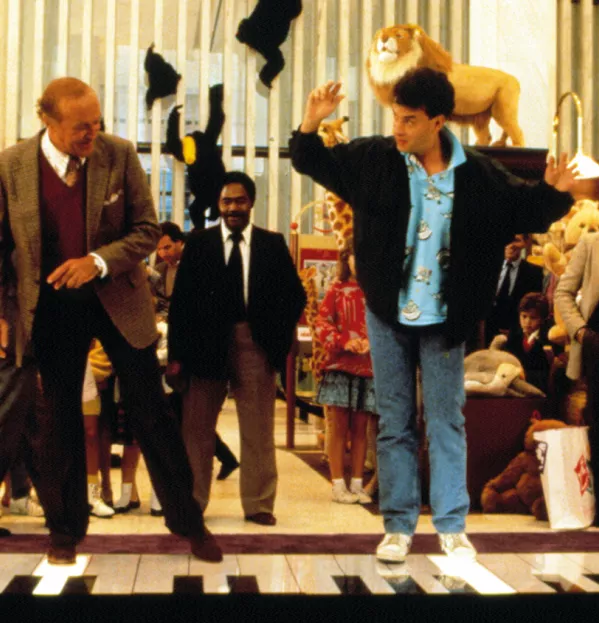Theresa May made the decision to call a snap election while on a walking holiday in Wales with her husband before Easter. The decision took both her own party and opposition members by surprise. For Ms May, thinking through a decision on her own may be her preferred approach. But for many people, collaboration forms an essential part of decision-making, whether through choice or circumstance.
In any job, the balance between making a speedy pronouncement and ruminating on a decision is never straightforward. All heads need to be autocratic at times. When the need arises, I am ready and able to make quick decisions. I generally have an instinct I trust - and I ignore it at my peril.
However, I prefer to take people with me and, whenever possible, decision-making is a collaborative process. I am surrounded by dedicated professionals and their view is as valid as my own.
To some extent, my training as a musician has informed my approach to decision-making. In my style of music, people work together in a practical, emotional and even spiritual fashion. But as a conductor, you cannot faff around: you must have a clear vision and know what you want. In the creative arts, that vision has to be clear before it is communicated. The realisation of that vision cannot happen without collaboration.
Sound judgement
Never is this process of collaboration more important that when helping young people make decisions about their future careers, at an age when they may have little idea what they want to do or where to go. When I was at school, children were there to receive and regurgitate. Happily, everything has changed and there is a great deal of collaboration between students and teachers. Indeed, creativity demands that we make decisions in conjunction with our pupils.
Supporting them in making their own decisions is teaching them a vital life skill, not something irrelevant that you put in a box with your certificates and leave behind.
Today’s teenagers are under a lot of pressure to be clear on what they want out of life; what they want in their future. True, they may have to make those decisions without the benefit of experience and perspective; but their instincts, too, are often spot on. For them, it is a matter of needling away at that instinctive response and seeing whether there is a career that matches his or her aspirations and abilities.
Support for a young person trying to identify a suitable career involves encouraging them to follow their muse and identify something rewarding that plays to their strengths and interests and will enable them to grow as an individual throughout their working lives.
Theresa May appears to be a PM who is confident about solo decision-making, rather than collaborating closely with her Cabinet and advisors. Either way, decisions that fundamentally affect our futures are never easy. I, for one, will take all the advice I can get.
Sue Freestone is headteacher of King’s Ely in Cambridgeshire
